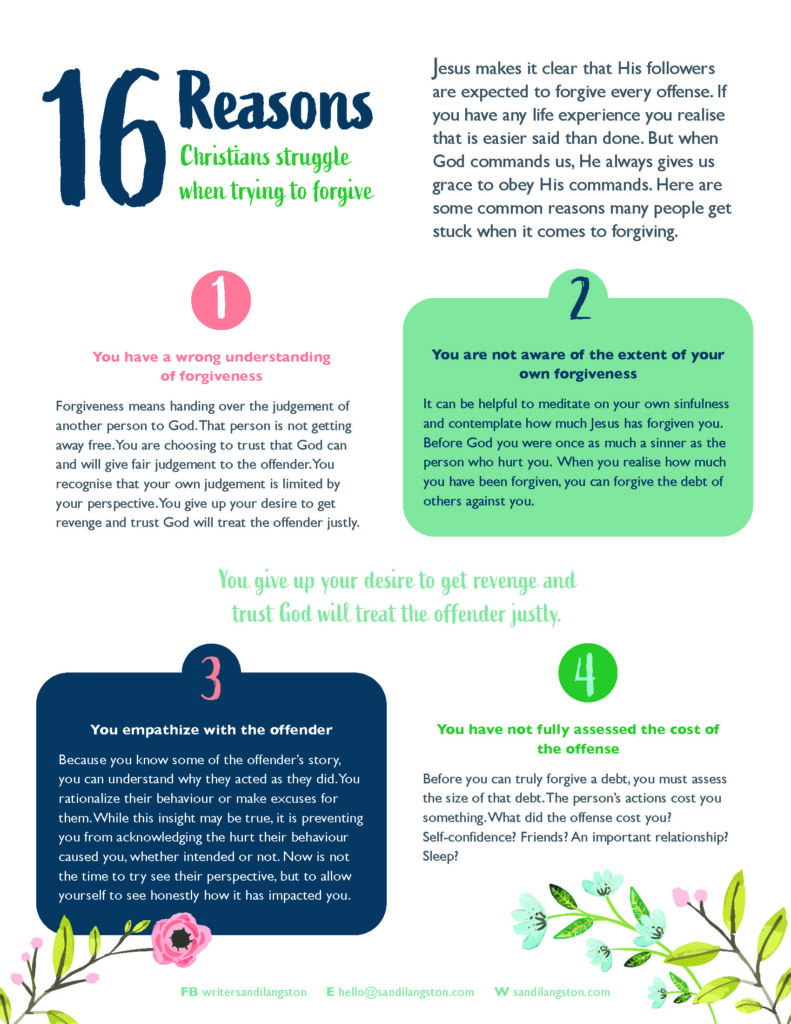It’s Okay to Disappoint People
It has been more than a decade since I watched 27 Dresses, and the idea of Jane speeding back and forth between simultaneous weddings while changing dresses in the back seat of a taxi is all I remember. She is a bridesmaid at two weddings on the same day and somehow manages to pull it off (kind of). I get exhausted and stressed just thinking about it!
The movie is a bit ridiculous, yet isn’t this what we do when we struggle to disappoint people? We spend all our resources bustling around pleasing everyone else, often with a smile. We are there at all the right moments – physically – but we are not present emotionally, not okay on the inside. We don’t have to live with this self-imposed stress, but it means we must become okay with disappointing people.
All my life, as far back as I can remember, I have hated disappointing people. I am empathetic and loyal – two great traits, except that they make it doubly hard to let someone down. I can imagine how disappointed they would feel. And I have a hard time going back on my word. I could spend much of my energy trying to keep everyone happy. It wasn’t even conscious most of the time. I just thought of myself as a Goody Two-Shoes who always did her homework, followed all the rules, and struggled to say no to anyone. I was a people pleaser, approval seeker, and afraid of letting anyone down.
Disappointment is a normal human emotion and it is not bad in itself. Like all emotions, it has a message to communicate to us. The feeling of disappointment alerts us to the fact that one or more of our expectations was not met. We can feel disappointed regardless of whether the expectation is realistic.
When we are afraid to disappoint other people, we live by the fear of man rather than the fear of God. We seek approval and worth from people rather than going to God for our identity. We try to live up to other people’s expectations (or what we perceive of their expectations), changing costumes to suit each occasion. We may also recognise the fear of conflict, rejection, abandonment, or failure. We live out our days ruled by fear, but fear is not usually a good motive.
Of course, we want to avoid disappointing others unnecessarily. We think carefully before we take on something. We are clear about what we are and are not committing to. But disappointing others is inevitable, and we have got to become okay with it. Many times it is circumstantial: “Sorry, but I have already committed to being a bridesmaid in another wedding that day.” Most of us can grow in saying “no” even without having a bulletproof reason. Sometimes we disappoint others by our sin, and we need to apologise and ask forgiveness.
You will disappoint people. But it doesn’t have to shake your core identity.
We usually struggle internally the most when we disappoint ourselves. Somewhere along the line we have internalised unrealistic standards. We may even excuse everyone else from these standards while rigidly holding ourselves to them. We smack ourselves with our self-talk. “I should have known.” “Of course, she would have plans already.” “It never works out as I hope; why do I even try?”
We live afraid to disappoint others and ourselves because we are afraid of what it means about us. It confirms we are not perfect. We didn’t try hard enough. We failed to measure up to someone’s expectations. In the end it’s not so much about the people we disappoint as it is about our unrealistic expectations and self-condemnation.
What if we were to examine the expectations instead? If someone (a parent, a child, ourselves) is expecting us to be perfect, of course they will be disappointed. If someone expects us to make them happy all the time, they will be disappointed. If someone expects us to say yes to everything they want, they will be disappointed. See the link: it’s on them, not us! Even when we sin… If someone expects us never to sin, never to hurt them, they will be disappointed.
Do you think God is disappointed in us when we sin?
How we respond to that question reveals a lot about how our parents and caregivers responded to our misbehaviour and sin. We are quick to project our past experiences with imperfect authority figures onto God. Let’s see how God reveals Himself in Luke 15:11-32.
If anyone had reason to be disappointed, it was the father in the story of the prodigal son. A son asked his father for his inheritance early. The father gave him his part of the estate and the son left and spent it all on wild living. He was left with no friends, no home, no food. He even longed to eat pig food. Eventually the son came to his senses and realised he would be better off as a hired hand in his father’s house than in his present circumstances.
I am sure the father would have expected his son to wait for his inheritance. (In asking for it early, the son was essentially saying he didn’t care if the father died.) The father would have at least expected his son to look after the inheritance and multiply it, rather than squander it on wasteful and immoral living.
It was a long hard walk home for the son. He knew he had sinned against his father and disappointed him. He would have to humble himself and ask forgiveness. He may have been afraid to see the disappointment in his father’s eyes. But it was his only viable option, so he continued home.
The son had feelings of shame and worthlessness. Isn’t that what affects us most when we fear we have disappointed someone? We want to avoid being in their presence, avoid eye contact. We are afraid to see their hurt and our inadequacy reflected in their pain. We hide in shame and we tell ourselves lies that affect our identity. The son truly believed he had lost the right to be called a son. He only asked to be treated as a servant. We tell ourselves we are not a good mom/friend/Christian (fill in the blank). We don’t deserve to be forgiven, or to be treated the same as before we disappointed that person. We grovel.
But like the father in the story, our Heavenly Father’s reaction to our sin stuns us. He sees us returning to Him and He comes running, arms open wide. He rejoices at the restoration of relationship. All the time we have been kept away by shame, rehearsing our confessions, He has been longing to lavish His love on us. One look into His eyes and we drink in His love. There is not a trace of disappointment. Our world spins as we hear the Father’s voice, “Bring the best clothing. Let’s put on a feast. Everybody, come celebrate! My child has come home!” All shame and fear disappear and our identity, our worth, is restored.
Was the father disappointed by the son’s choices? Most likely yes. We know he had fully forgiven the son by the time the son returned home. Does God feel disappointed in us at times? I don’t know. He might. But God never sins in His responses to our actions. He does not sulk or give us the silent treatment or a long lecture. God is saddened by the break in relationship with Him when we choose to sin, but He also knows that we will sin. His expectations of us are never unrealistic. His love for us is unconditional; it is not lessened when we sin or when we think we have disappointed Him.
Children of God are not meant to grovel. Our God is a God of grace.
I am learning to receive God’s grace in my own life. I am learning to let go of many of my unreachable standards. Just yesterday I had to make a conscious decision not to dwell on a mistake I made in parenting our daughter. I literally said out loud to myself: “I am going to make mistakes. I am not going to dwell on this one.” It could have ruined my whole afternoon, but I didn’t let it. As we receive grace from God, we grow in giving grace to ourselves, and grace also flows from us to others. We become like the Father.
Next time we find ourselves afraid to disappoint someone, let us check whose expectations we are trying to meet, and whether they are realistic or in line with God’s expectations of us. Even if people speak cruel words or turn their backs on us, even if we fail miserably and disappoint EVERYONE, we can turn to the Father and hear Him whispering, “I love you. You are my child.”



